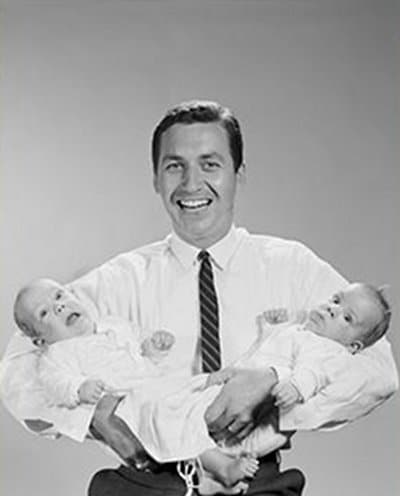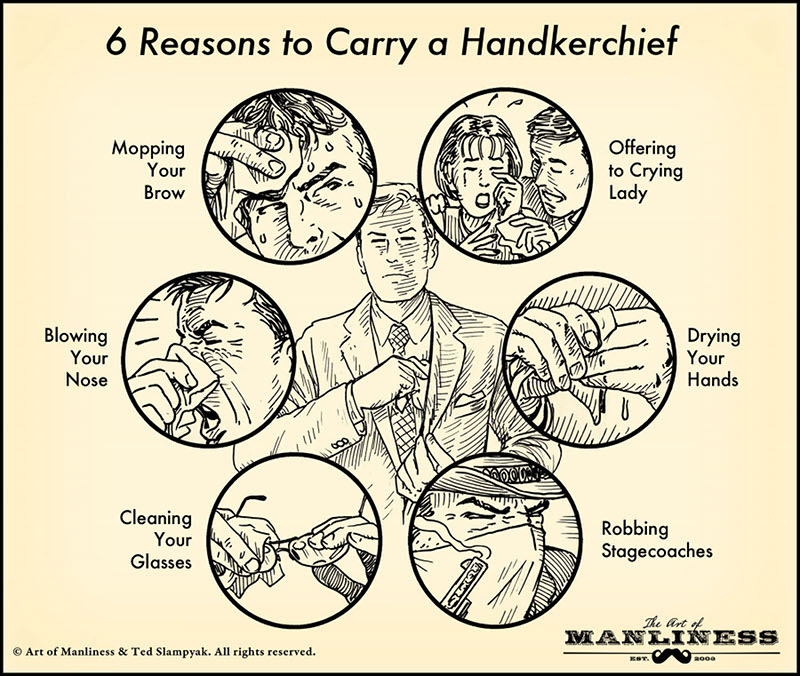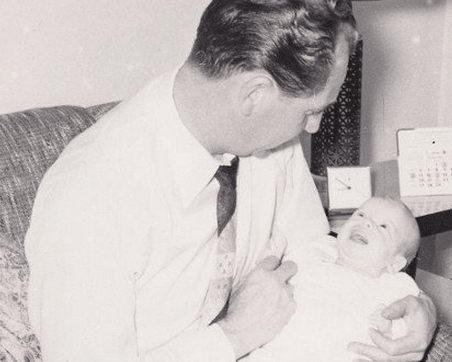
Note: The following is an excerpt from The Building of Boyhood: A Manual for Parents, published in 1933.
“Some Reasons Why Some Men Are Successful Fathers”
By Frank H. Cheley
They Believe that being a father is the greatest privilege given any man, and so take their fatherhood seriously.
They Believe that all boys are mostly good, but realize they often get bad handling — especially by fathers.
They Are Convinced that it is worth while to study boy-behavior, as well as the stock market, the baseball score, or the trend of politics. They have become convinced that they need such study in their business of being fathers.
In Addition to Providing their families well with the creature comforts, they give them generously of themselves also — often at great personal inconvenience and cost of time and money, but always counting such cost as among their very best investments.
They Strive Always to Make the Right Thing pleasurable and the wrong thing costly, and thereby teach their boys that character is not only desirable, but that it also pays.
They Have Conceived the Idea that, in addition to being comrades with their boys, they must also serve as instructors, interpreters, and guides — even when they find it a life-sized job.
They Never Try to Bluff their boys — they know it is useless, for as boys themselves they were always shrewd detectors of all hypocrisy, and despised it.
They Recognize that even boys have rights and that they should be respected by elders. For this consideration, the boys are always most grateful.
The Realize Fully That No One, no matter how good his intentions, can satisfactorily interpret the Fatherhood of God to boys as a good father, or make plain to them the real message of their Elder Brother, the Man of Galilee, and so set their best selves to the challenging task of religious education.
They Always Try to see the funny side of every situation, and know that their sense of humor saves many a needless tragedy — for the boy himself — and for his mother.
They Graciously Recognize, nevertheless, the fact that Mother can accomplish certain things with the boys that they cannot — so consistently refuse to unload their own rightful responsibilities onto her.
They Have a Clear Conception of what they are trying to accomplish with the boys, by way of training, so that every day’s activity is used to good advantage as definite construction material.
They Believe That Directed Fun is the most effective antidote for evil thoughts and temptations, so help the boys to keep everlastingly busy and happy at something all the time.
They Are Wise Enough to Know That a Few Tools and a place to work are more of a home attraction than temporary rewards, and more desirable than going to the circus or the movies.
They Are Profoundly Impressed with their duty to the boys as well as their responsibility to society, and, as good citizens, try to earnestly discharge both obligations.
They Abhor Weakness in any form whatsoever and refuse to excuse it. “Victory is to the strong,” is their slogan, whether referring to mental, physical, spiritual, or social life and activity.
They Count It Their Sacred Privilege to give the boys, step by step, the intimate information that they need. Best of all, they themselves practice physical fitness and have no patience with a double standard of morals for anyone.
They Recognize, too, the fact that a boy’s books are his “Silent Comrades,” and so take as much pains in seeing that they are as carefully chosen as are their new clothes, that they fit as well, wear as well, and make the boys as self-respecting.
They Are Real Sports, these fathers, and play the old “Game of Life” for all that is in them, but always according to the rules that every boy understands as “being square.”
They Believe in Team Games as an educator in sportsmanship and social living, and insist that the bleachers are rarely the place for real boys, but rather “Every Boy in the Game” is their watchword.
They Are Friendly With Everybody, rich and poor alike. All the boys and dogs in the neighborhood know them and like to hang around them. Boys often want them for “umps” and to be “IT,” because they have confidence in them and enjoy them.
Their Instructions are always of the positive sort — and backed up by personal demonstration too. They despise “Don’ts,” while “nagging” is strictly against their principles. “Let’s do ‘so and so’” is magic medicine.
They Are Invariably Interested in Dogs and chickens and stamps and stars and electricity. They believe that a boy without a hobby is likely to be no boy at all, and that the making of collections is one of the chief joys of being a boy.
They Believe It Is Worth While to know how to build a campfire, and to cook an appetizing meal over the glowing embers, but when it comes to roasting corn or making flapjacks they endeavor to be “real prize winners.”
They Believe in Boy Gangs and, instead of forbidding their sons the privilege of such experience, they keep themselves worthy to be elected honorary members of the bunch, rewarded with the “password,” the “secret grip,” and even the “whistle.”
They Believe That Cleanliness is next to godliness, and practice it consistently themselves — inside and out, to their mutual benefit.
They Abhor Cheap and Vulgar Things, but keenly appreciate harmony wherever they find it; in tone, in movement, line, or color, and in so far as possible, surround their boys with the best of such influences.
They Study to be Good Listeners and are always given to generous appreciation of real merit in whatever realm it presents itself, whether it be in batting up flies, making good examination grades, the winning of a debate, or the exhibition of real character.
They Maintain a Live Acquaintance with “birds and bugs and things,” and love nothing better than to introduce their boys to such simple secrets of Old Dame Nature as they themselves know, and, through such an acquaintance, lead them on to a finer, larger appreciation of God.
They Constantly Remind Themselves that their sons came, honestly enough, by certain “peculiar traits of character,” which they occasionally exhibit, and endeavor to crowd these traits out by strong cultivation of the more desirable ones, rather than the usual process of “repression.”
They Are Convinced That Vital Character is as contagious as the measles, and never lose an opportunity to “expose” the boys, or themselves, to it.
They Do Not Blame the Boys for falling in love with the girls. They did it themselves once, and are convinced that comradeship with the right sort of girls, under reasonable supervision, is the greatest tonic in the world to right living.
They Do Not Compel Respect of their boys, but rather strive to be eminently worthy of it. Consequently, it never occurs to such boys to even think of their father as “the old man,” or “the old gent,” or “the governor.”
They Believe that boys must actually both earn and spend money in order to learn practical thrift; so take pains to provide them with ample opportunity for both, not forgetting to have them give, too, in keeping with their means.
Their Supply of Stories Is Endless. They seek them like precious jewels, with discrimination, of course; but keep them forever their own by often giving them away to their boy friends.
They Understand Perfectly that a broken will is a greater misfortune than a crippled body to a boy, and that directed will is the greatest of all boy possessions, making possible the only real success, so guide instead of drive.
They Believe That the Practice of brutal thrashing belongs to the savage past; that reason and self-control, if started early and followed consistently, are much more efficacious in producing quality boyhood.
They Believe that it is a far greater thing for a boy to make a life than to make a living, and that what a boy is, is after all his only just claim to greatness — and train accordingly.
They Would Rather Be Known any time as a successful father than as a successful business or professional man, because to be so known is to be measured by much the larger “measuring stick.”
These Are but a Few of the Reasons why many boys, grown tall and straight and true, declare that they wish to be men “just like their dear old dads.”
Is Not That Better by Far than having a whole column in “Who’s Who in America,” a cigar named after you, or even a statue erected to your memory in the City Park?
Such Men Are Real Fathers, true to themselves, true to their son, true to their country and their God.
Are You Such a Man?
The Boys Know!







